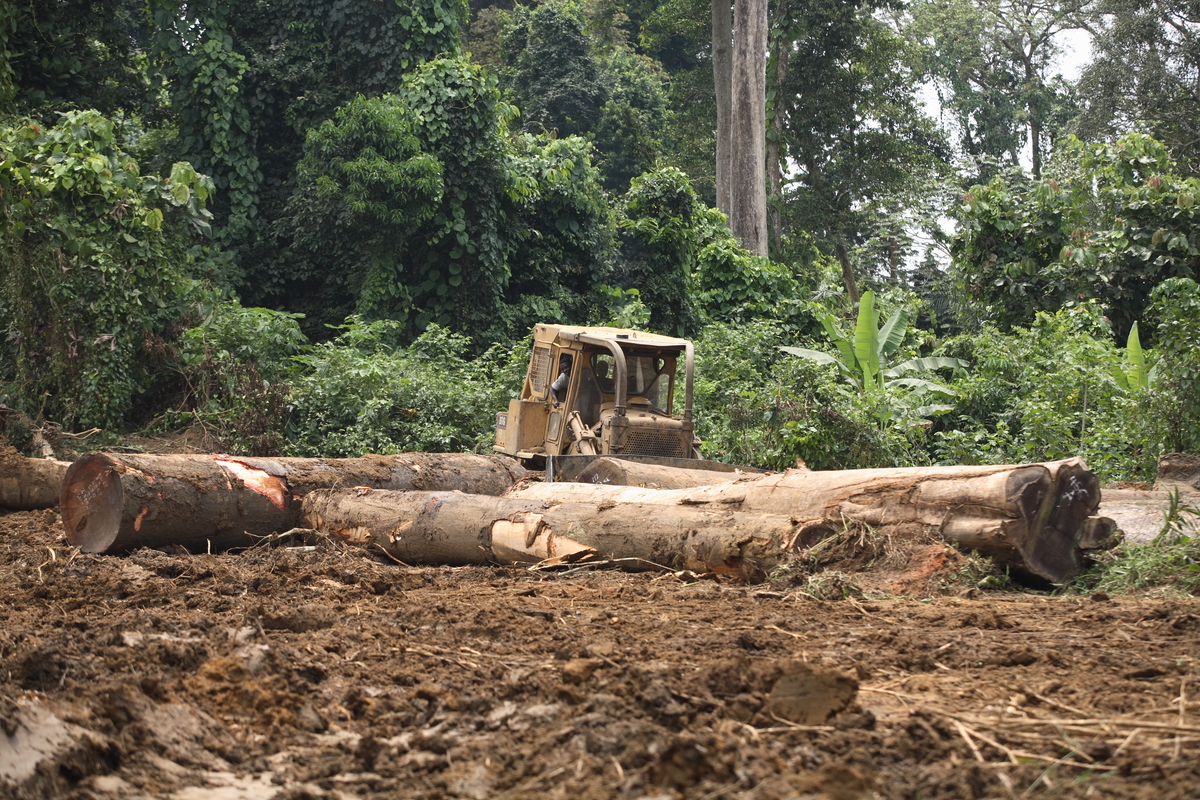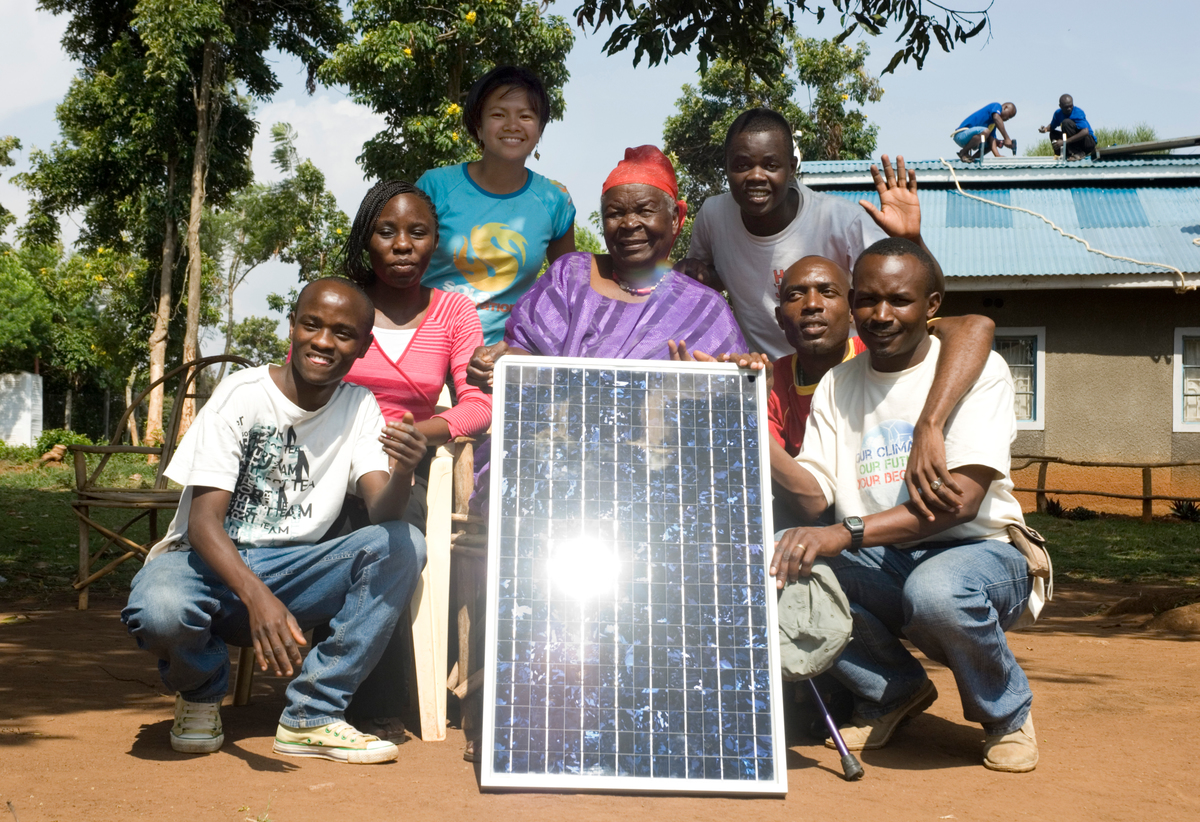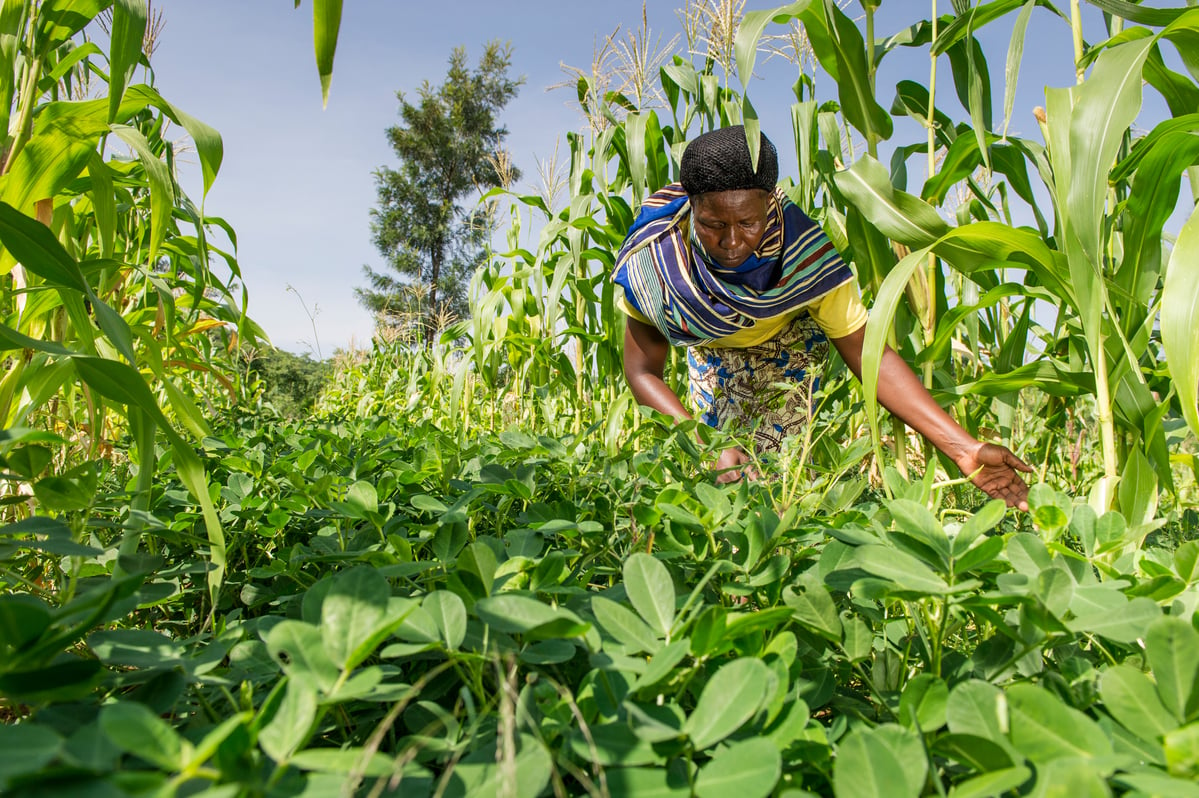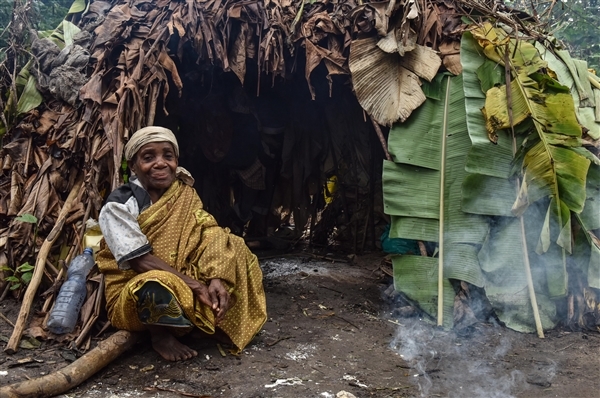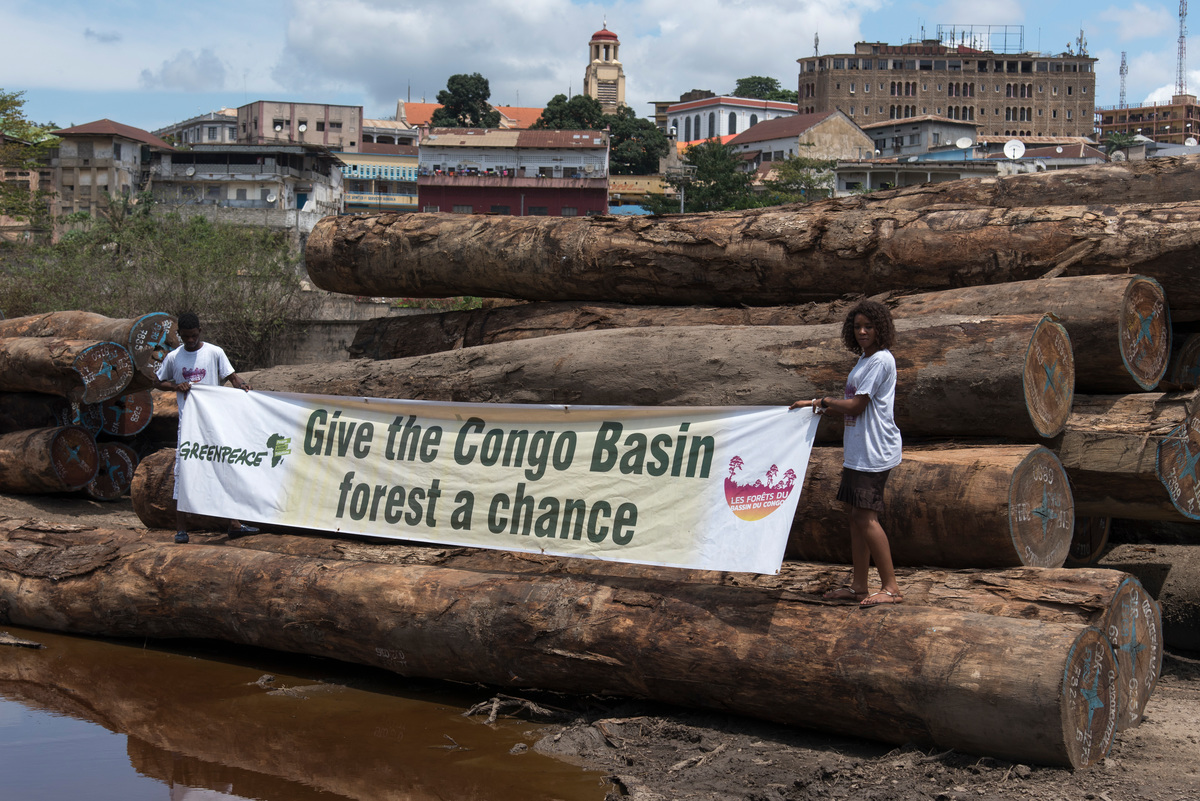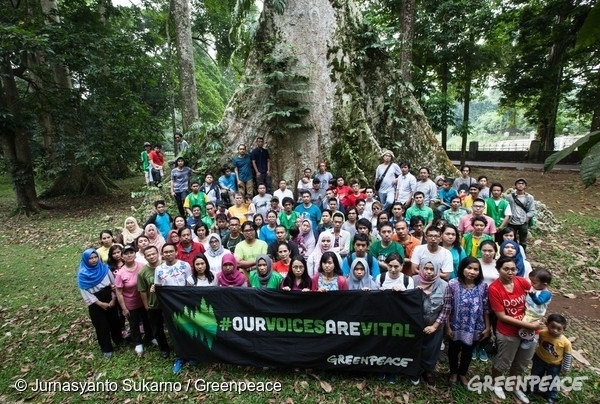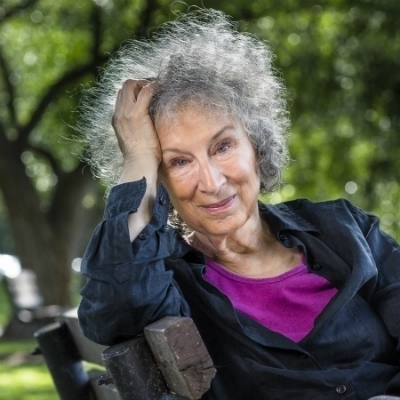All articles
-
Cut from Congo
From 2000 to 2013, the global area of intact forest landscapes (IFLs) decreased by 7.2%, a reduction of 90 million hectares, with industrial timber extraction as the lead driver behind this fragmentation and degradation globally. In Africa, selective logging is the dominant cause of IFL loss.
-
Statoil exploration threatens biodiversity of Algoa Bay
Johannesburg, 19 September - Norwegian multinational oil and gas company, Statoil’s a newly acquired East Algoa exploration licence is located just a few kilometres east of Algoa Bay in the Eastern Cape, an area labelled as a marine biodiversity hotspot.
-
Greenpeace’s Project Sunshine delivers in Diepsloot
Johannesburg, 8 September – After a successful crowdfunding campaign that exceeded the R100 000 target, Greenpeace Africa and the Philile Foundation’s commitment to install solar streetlights in Diepsloot will be met tomorrow when the solar streetlights are officially handed over to the community.
-
Greenpeace calls on AGRF to rethink its Approach to Agriculture in Africa
Nairobi, 6th September 2017 - The seventh edition of the African Green Revolution Forum (AGRF) 2017 under the theme ‘Accelerating Africa’s Path to Prosperity: Growing Inclusive Economies and Jobs through Agriculture’ is hosted in Abidjan from September 4-8 2017. The ambition of the forum has been to accelerate the progress on agriculture’s contribution to economic…
-
Our land should unite, not antagonize us!
On August 5, 2017, four days before the celebration of the 10th anniversary of the United Nations Declaration on the Rights of Indigenous Peoples, I was deeply troubled by news of deadly confrontations between Bantu[1] and indigenous (Pygmy) communities in Tanganyika province of the Democratic Republic of Congo (DRC).
-
Norwegian and French governments threatens world’s second largest tropical rainforest
12 July 2017 - An area of rainforest the size of Italy is at risk of being cut down by loggers in the Democratic Republic of Congo (DRC), if a Norwegian-funded project to expand industrial logging in the country is approved in Kinshasa next Tuesday (July 18).
-
Norway and France threaten DRC’s forests
An area of rainforest the size of Italy is at risk of being cut down by loggers in the Democratic Republic of Congo (DRC), if the Norwegian government approves a French Development Agency (AFD) proposal to expand industrial logging there starting 2018.
-
Dutch court slams Fibois BV for lack of Due Diligence on Cameroon’s Timber
Yaoundé, 03 July 2017- Following a complaint filed by Greenpeace against Dutch timber importer, Fibois BV, for involvement with questionable timber from Cameroon, a Dutch administrative court has upheld a 2016 Food and Consumer Product Safety Authority (NVWA) injunction against Fibois for non-compliance with the European Union Timber Regulation (EUTR). Fibois BV was also declared…
-
We speak for the trees
When Resolute Forest Products, Canada’s largest logging company, threw two multi-million dollar lawsuits at Greenpeace and Stand.Earth for speaking out for the protection of the Canadian boreal forest, people around the world did not sit idly by.
-
Authors around the world stand up for free speech and forests
Authors, journalists, poets and playwrights know that every time the right words are put to paper, or typed to a screen, our planet gets a little better. Because, without the right to express ourselves freely, we cannot make that positive change.

